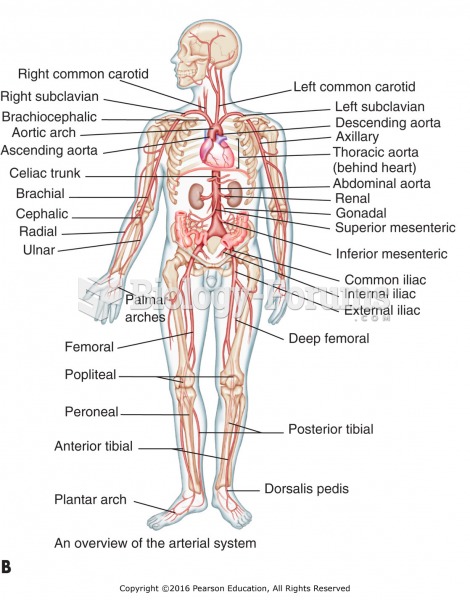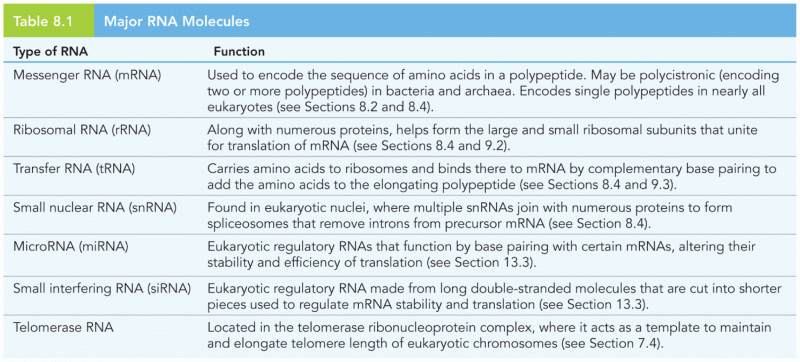Answer to Question 1
Mood
Rationale: Mood is a pervasive and sustained emotion that may have a major influence on a person's perception of the world. Examples of mood include depression, joy, elation, anger, and anxiety. Affect is described as the emotional reaction associated with an experience.
Answer to Question 2
The correct order is 3, 2, 4, 1
Rationale: Symptoms of transient depression are not necessarily dysfunctional. Affective symptoms include sadness, dejection, feeling downhearted, having the blues. Symptoms at the mild level of depression are identified by those associated with uncomplicated grieving. Affective symptoms include denial of feelings, anger, anxiety, guilt, helplessness, hopelessness, sadness, despondency. Dysthymic disorder, which is an example of moderate depression, represents a more problematic disturbance. Affective symptoms include feelings of sadness, dejection, helplessness, powerlessness, hopelessness; gloomy and pessimistic outlook; low self-esteem; difficulty experiencing pleasure in activities. Severe depression is characterized by an intensification of the symptoms described for moderate depression. Examples of severe depression include major depressive episode. Affective symptoms include feelings of total despair, hopelessness, and worthlessness; flat (unchanging) affect, appearing devoid of emotional tone; prevalent feelings of nothingness and emptiness; apathy; loneliness; sadness; inability to feel pleasure.
1. Transient depression (sadness, dejection, feeling downhearted, having the blues)
2. Grief (feelings of anger, anxiety, guilt, helplessness)
3. Dysthymic disorder (pessimistic outlook, low self-esteem)
4. Major depressive episode (despair, worthlessness, flat affect, apathy, anhedonia)







